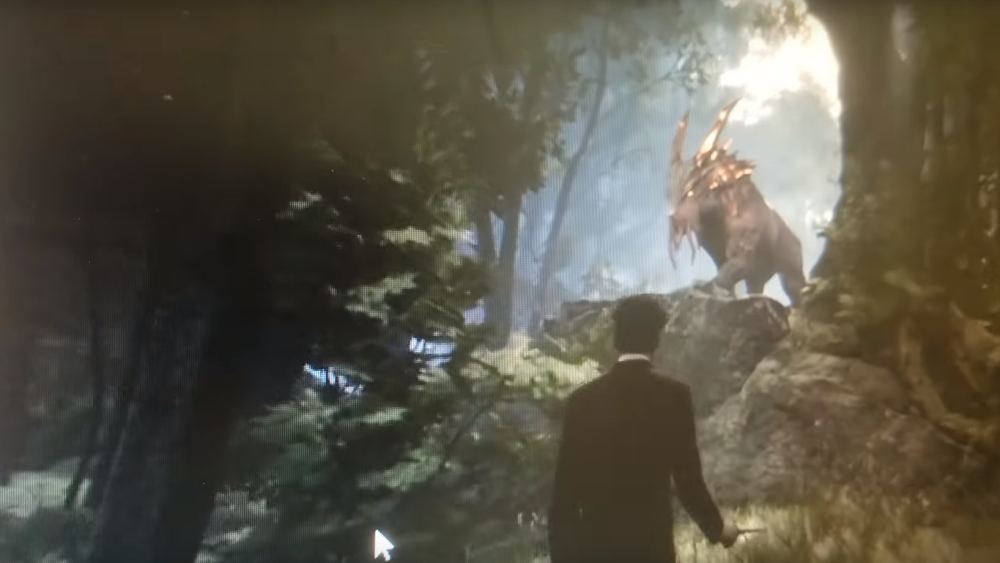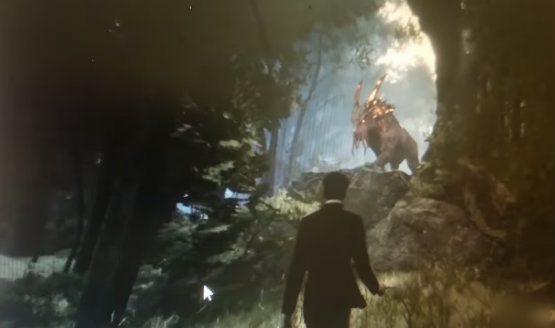
Recently, footage of a Harry Potter RPG was leaked online. Although there is huge potential for a contemporary game based on Rowling’s classic series to be fantastic, there are certain things that need to be executed well in order for it to be a worthwhile RPG. By this, I mean that…






